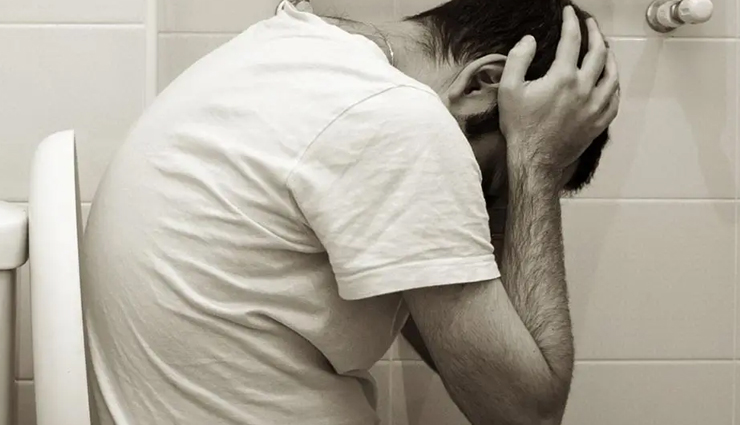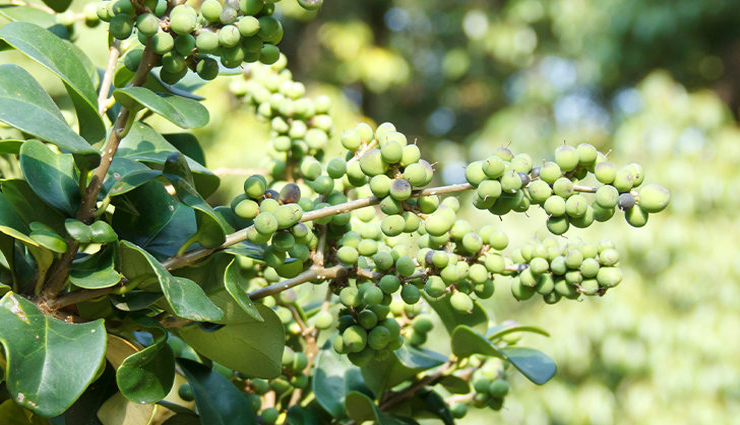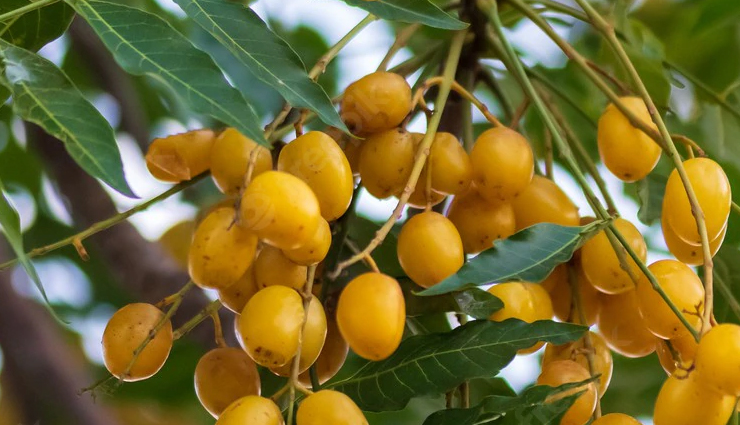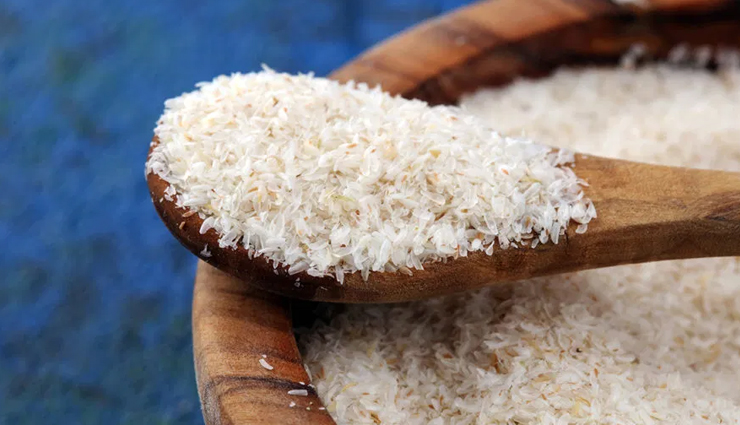- Home›
- Healthy Living›
- 5 Home Remedies You Can Try For Piles
5 Home Remedies You Can Try For Piles
By: Kratika Wed, 30 Nov 2022 3:20:14

Piles or hemorrhoids is a painful gastrointestinal condition in which the veins around the anus are inflamed and swollen. Because of the location of the problem, most people are awkward and reluctant to talk about. Unfortunately, ignoring the problem doesn’t make it go away and it can become increasingly painful, with symptoms that include intense itching and rectal bleeding.
Natural treatment and Ayurvedic medicine for piles is often the preferred choice as surgical procedures are usually unnecessary and fraught with risks. Such procedures should only be reserved for worst case scenarios, and in those situations too, it is advisable to turn to minimally invasive (techniques with tiny incisions that require little time for wound healing and lower risk of infection) Ayurvedic surgical techniques that were pioneered in ancient India.

# Guggulu
To treat piles at home, you can either take guggulu supplements or any Ayurvedic piles medicine that contains the herb as a primary ingredient. Guggulu has long been revered in Ayurved for its healing potential for a variety of health conditions. Its most notable properties are its analgesic or pain relieving and anti-inflammatory effects, which can help to reduce inflammation and swelling of the veins around the anus, while reducing painful symptoms. Studies suggest that guggulu formulations can not only facilitate healing of the hemorrhoids, but can also relieve constipation and ease bowel movements.

# Haritaki
Haritaki or harda is another powerful anti-inflammatory herb that is widely used in Ayurvedic medicines and is noted for its mild laxative effect. The laxative and digestive health benefits can help to restore digestive functions that are severely impaired when dealing with piles, easing stool passage and relieving constipation, which is the main cause of piles. By lowering the risk of digestive disturbances, it also reduces the risk of piles flareups and painful symptoms. Most importantly, its proven anti-inflammatory and analgesic effects can reduce pain and inflammation, facilitating healing. The risk of infection is also reduced thanks to the herb’s antimicrobial properties. Haritaki is one of the three ingredients in the age old triphala formulation and it is also an ingredient in some of the best Ayurvedic medicines for piles and constipation.

# Lembodi
Lembod may not be nearly as well known as neem leaves, but this ingredient is simply the seeds of the neem tree. They are just as useful as the leaves and can be used to treat other kinds of health problems, most notably problems with the digestive system. Lembodi is helpful in dealing with piles because of its high soluble fiber content. This helps to bulk up stools and increase mucilage, easing their passage and reducing pain when passing stools. While lembodi can be used as a fiber supplement, when dealing with piles it is best to use it along with herbs like guggulu and haritaki.

# Psyllium Husk
The best-known fiber supplement, familiar to almost every Indian as isabgol, psyllium husk is a gentle and bulk-forming laxative. As it contains both soluble and insoluble fiber it helps to both bulk up stools while preventing hardening and easing passage through the gastrointestinal tract. This is why it is used as a remedy for both constipation and diarrhea. While psyllium husk is not a cure for piles, it can address the underlying cause, which is most commonly constipation. Regular and healthy intake of fiber can also lower the risk of piles recurring in the future. When using fiber supplements like psyllium, just make sure to start slow and in small doses as a sudden high intake of fiber can exacerbate indigestion, gas, and bloating.

# Fomentation and Soaks
For quick relief from piles, you can also try the ancient Ayurvedic recommendation ofushna avagaha swedaor hot fomentation/sitz baths. This is ideally done soon after bowel movements as it helps to reduce the pain and can also facilitate healing. The addition of triphala powder to the water will increase its efficacy because of anti-inflammatory, antioxidant, and pain-relieving properties of herbs used in the formulation. The warm soak will also help to cleanse the site, reducing any risk of infection, especially when dealing with bleeding piles. The healing effect of sitz baths for piles has also been confirmed by research. For best results try to soak in the bath for at least 15 minutes.





